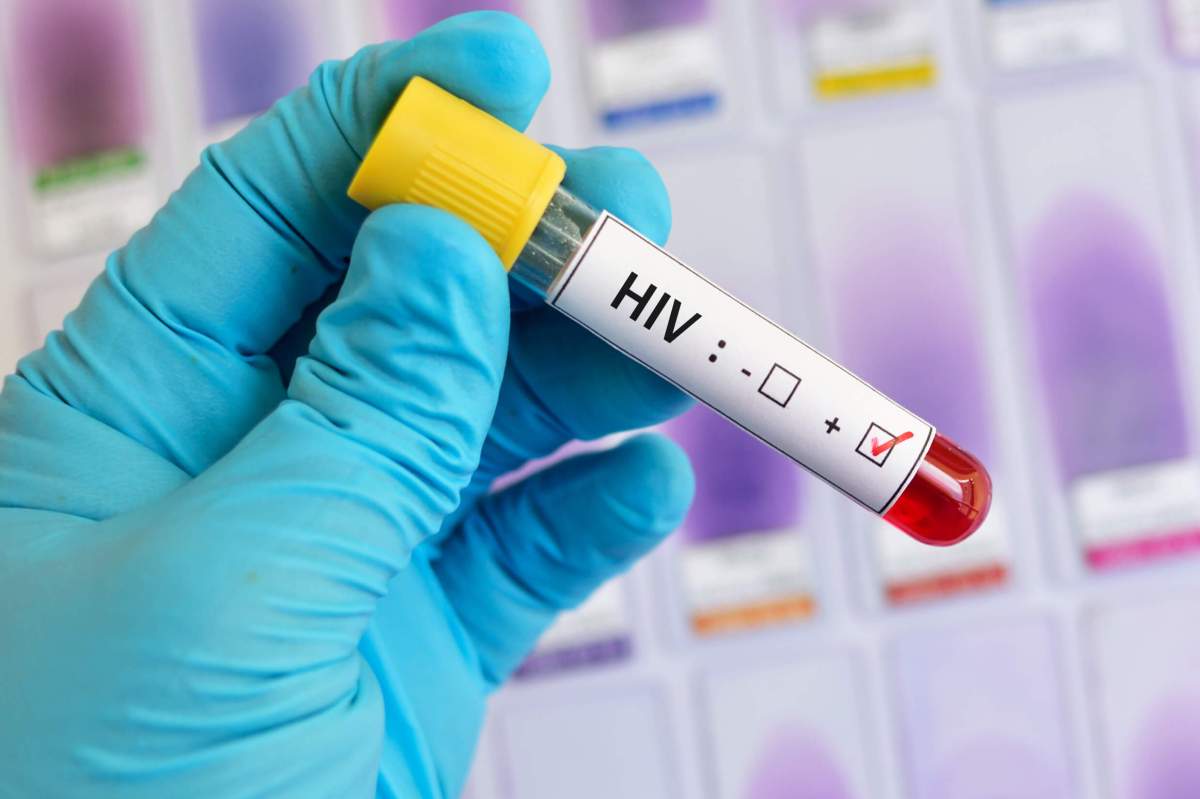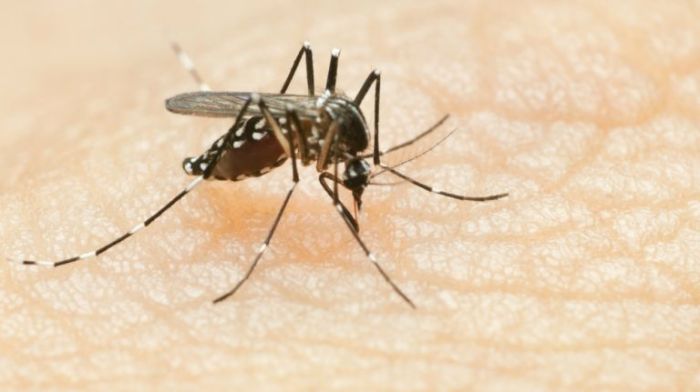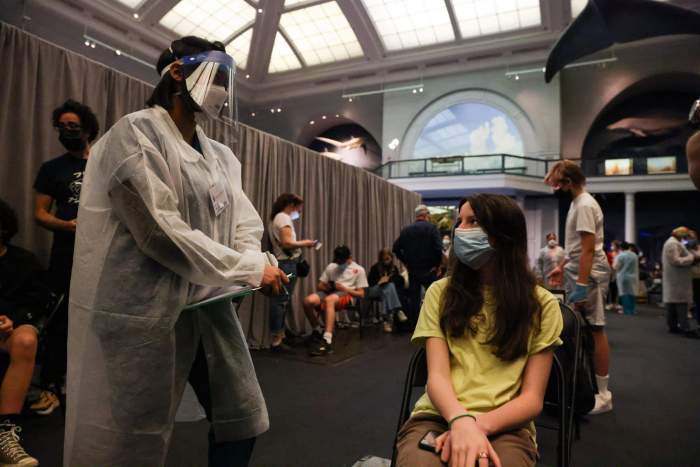The city’s health department released new data on Friday showing a rise of reported sexually transmitted infections in New York City from 2020 to 2021.
The increase, the agency said, is likely due to reduced testing and STI screening following the outbreak of COVID-19. Clinics are now starting to phase out of COVID-19 testing and focus on STI rapid testing, especially to test for chlamydia and gonorrhea.
The city’s health commissioner, Dr. Ashwin Vasan, is now advising New Yorkers to take a rapid STI test at sexual health clinics around New York City. The tests results are available within hours.
“Whether it’s a fling or a serious thing, STI tests are recommended for all New Yorkers,” Vasan said in a statement. “Our rapid tests help New Yorkers stay safe.”
The Chelsea Express Clinic and Fort Greene Express Clinic are opening their doors to New Yorkers who want express, rapid STI testing. The health department announced its plans to repurpose COVID-19 testing instruments for STI testing at more health clinics at a later date.
Sexually transmitted illnesses are currently on the rise, according to the NYC Health Department’s 2021 STI Surveillance Report published on March 31.
The Chelsea-Hell’s Kitchen neighborhoods had the highest reported STI cases in 2021. Other neighborhoods with high case rates included Hunts Point-Mott Haven and Crotona-Tremont (chlamydia), Central Harlem-Morningside Heights and Williamsburg-Bushwick (gonorrhea), and Central Harlem-Morningside Heights and Crotona-Tremont (early syphilis).
The report found that gonorrhea and chlamydia disproportionately affect residents in very high poverty neighborhoods 2.5 times higher than rates among people living in low poverty neighborhoods. Black New Yorkers had a 2.9 times higher rate of reported primary and secondary syphilis cases compared to White New Yorkers.
The rate of reported chlamydia cases increased 13.2% among males and 5.2% among females from 2020 to 2021 in New York City. Roughly 25% of all female chlamydia cases in 2021 in New York City were among females aged 10 to 19. The neighborhood with the highest rates of reported chlamydia is Bedford Stuyvesant-Crown Heights area, according to the report.
There were 24 reported cases of congenital syphilis in 2021, up from previous years. In 2020, there were 17 cases reported cases, the same number as 2019. The recent increase corresponds to a surge in reported primary and secondary syphilis cases among females over that period.
Because STIs have no signs or symptoms early on, the city’s health department recommends getting tested routinely and seeking treatment, if needed. STIs such as chlamydia, gonorrhea, and syphilis are common and curable, but if left untreated, they can cause lasting health effects, including infertility and chronic pelvic pain, according to the city’s health department. Having an STI can also make it easier to contract or transmit HIV.
Dr. Sarah Braunstein, the health department’s assistant commissioner in the Bureau of Hepatitis, HIV, and Sexually Transmitted Infections, said the health department is set on improving sexual health and well-being in New York City.
“Our sexual health programming and services are focused on ensuring that all New Yorkers – especially those from communities most affected by STIs and other poor sexual health outcomes – have access to high-quality, affirming services and proven prevention and treatment interventions,” Braunstein said in a statement. “We want New Yorkers to be sexually healthy – not only to be free from infection and disease, but to thrive.”
The city’s sexual health clinics and the NYC Sexual Health Hotline offer low to no-cost services for STIs, including HIV. Anyone 12 years or older can receive services, regardless of immigration status. No parental consent is necessary.
The Sexual Health Clinic Hotline is available at 347-396-7959, Monday through Friday, 9 a.m. to 3:30 p.m.
For more information on the Sexual Health Clinics and Hotline, including services, locations, and hours of operation, visit nyc.gov/health/clinics.







































